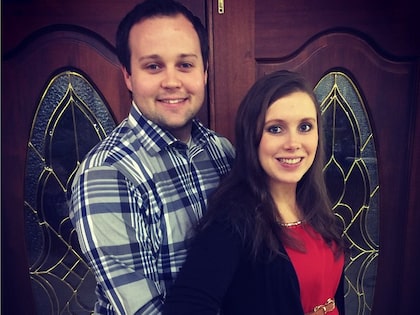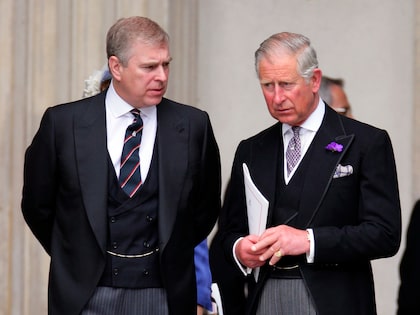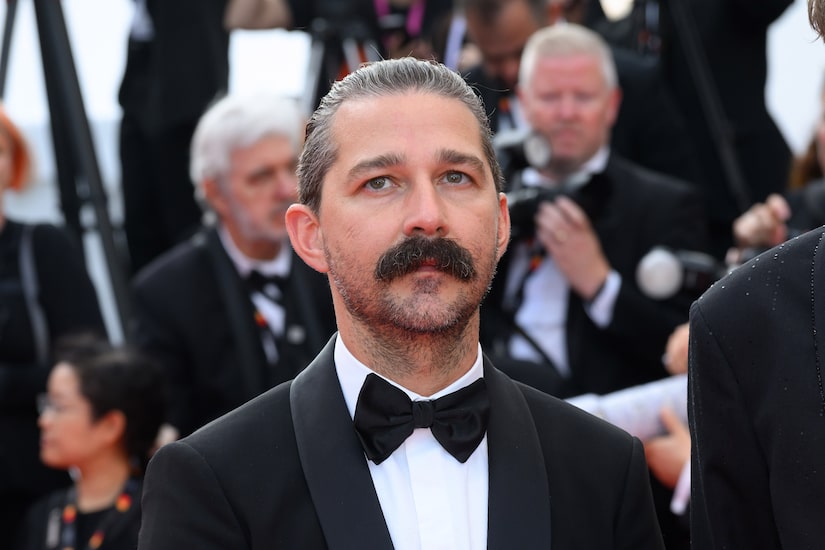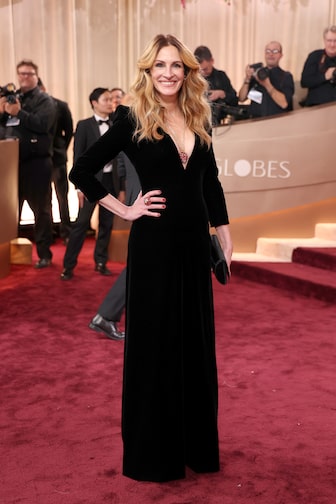Celebrity News October 03, 2022
Sacheen Littlefeather, Activist Who Refused Brando's Oscar, Dies
 Getty Images
Getty Images
Update: Jacqueline Keeler, a Native American journalist, has produced evidence that Sacheen Littlefeather may not, in fact, have been of Native descent. Her surviving sisters both deny Littlefeather's ancestry was Native American, as well as casting doubt on other parts of her self-reported history. The report is controversial among many Native American, who take issue with Keeler's methods and alleged biases, and with Littlefeather's sisters' motivations in waiting to speak until their sister had died. Keeler's full report is here.
Sacheen Littlefeather, the activist for Native American causes enlisted by Marlon Brando to refuse his Oscar for "The Godfather" on live TV, has died at 75.
Littlefeather had announced she was suffering from terminal cancer, but no cause was given, The New York Times reports. She died Sunday at her Marin County, California, home.
Littlefeather's death comes just weeks after the Academy of Motion Picture Arts and Sciences formally apologized to her for her treatment on that evening in 1973, when she was booed (and cheered) while reading a speech supplied to her by Brando, in which she discussed the unfair treatment of Native Americans in the U.S.
Upon receiving the Academy's apology, she told THR in August she was "stunned," going on to say, "I never thought I'd live to see the day I would be hearing this, experiencing this."
In her controversial speech — actor John Wayne was often, perhaps apocryphally, described as having wanted to attack her physically for it — Littlefeather said, “I beg at this time that I have not intruded upon this evening and that we will in the future, our hearts and our understandings will meet with love and generosity."
As her life came to an end, Littlefeather saw the apology she received nearly 50 years later as "the sacred circle... completing itself."
Born Marie Cruz on November 14, 1946, in Salinas, California, Littlefeather — who contended she was part Apache and Yaqui, part French, German and Dutch — claimed to have participated in the Native American occupation of Alcatraz in 1969 before beginning an acting career in the '70s.
She appeared in the films "The Trial of Billy Jack" (1974) and "Winterhawk" (1975), but did not make acting a vocation.
In September, Littlefeather appeared at an Academy program entitled "An Evening with Sacheen Littlefeather," at which she said her Oscars speech was a way to represent "all Indigenous voices out there, all Indigenous people, because we had never been heard in that way before."
She expressed no regrets for having opened doors that "had to be open."


















